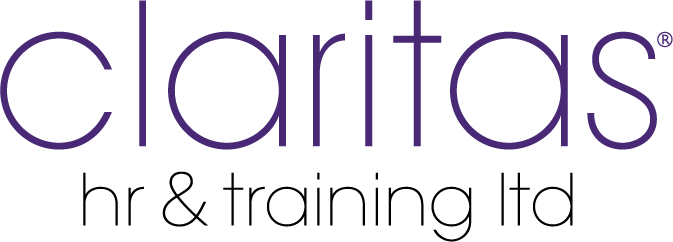Did you know that last year over a third of workers admitted that office politics would be a main cause for leaving their jobs? Not only that, but 68.9% of workers cited ‘office gossip’ as their pet hate in the workplace. And yet, these workplace environments continue to grow, with toxic office politics becoming a real problem for a lot of business owners. So the real question is, how can you tackle toxic office politics head on, and create an open and healthy workplace culture in your business?
What Is A Toxic Workplace?
For many organisation, the politics will creep in slowly, which means they often go unnoticed until it’s too late. Toxic office politics can take all sorts of forms, from office gossip to passive-aggressive employees or even downright rude and aggressive ones. It could be managers who play favourites, bad behaviour going unchecked, lack of equality, or over status wielding or power building. Whatever form the toxic behaviour takes, it will have a negative impact on all of your employees. Once workplace culture has set in, it can be difficult to undo the damage – that’s why it’s crucial to promote an open and healthy office environment from the beginning.
What Can You Do To Prevent It?
So, how do you prevent your office from turning into a toxic workplace? Despite some claims, it’s not as difficult as it seems – you’ve just got to be proactive about it from the word go. Here are a few simple steps you can take to keep your workplace a happy, productive place:
Address Workplace Culture Issues Head On: When you’re a business owner, it can sometimes be difficult to be tuned into what’s happening on the ground 100% of the time. This means there could be problems bubbling up under the surface that you don’t become aware of until it’s too late. So it’s important that your staff know you’re approachable and genuinely interested in their welfare. This means checking in with your teams (as a group and one on one) and addressing any issues that might arise. Office politics have a tendency to snowball, so doing these check-ins regularly means you can keep an eye on things and catch any problems from the get-go.
Review Your Processes: Insufficient or poor processes can cause power struggles and frustrations among employees, which in turn fosters conflict and creates a breeding ground for toxic office politics. For example, if expenses reimbursements are handled by one employee, who then uses their power to delay those reimbursements for people they don’t like, then employees will start to feel angry, frustrated and betrayed by the company. This feeling can start to hurt their overall job performance. So it’s important to ensure that your systems are designed to avoid this, with accountability built in, instead of causing conflict.
Focus On Cultural Fit During Hiring: Some of the more basic problems don’t come in over time, they’re actually embedded in the hiring process. One of the most effective ways to avoid toxic workplace politics from the start is to make sure you’re hiring the right people. While it’s essential that you hire people with the most relevant skills and experience, it’s vital that you spend some time focusing on the cultural fit too. It’s important to consider the existing dynamics within your company, particularly if the team is still small; each new hire has to be a good cultural fit, otherwise you may end up with a disjointed working environment, where staff feel uncomfortable and gossip is rife.
Encourage Workplace Friendships: It’s no secret that office politics often stem from fear, distrust and uncertainty, so it’s important you encourage team building and friendships within the workplace. Employees who genuinely care for each other on a personal level are more likely to work better together, ultimately cutting down on the gossip and politics. So invest some time and energy into encouraging these bonds, through team socials, expended meals or other team building activities.
Conduct Regular Performance Reviews: A lot of businesses still only hold performance reviews once a year, but in reality, there is a lot of support for doing this more frequently. Informal but regular workplace reviews have shown to actually improve employee relationships, morale and performance across the board. So, if you’re not already, look into whether you can hold monthly or even bi-weekly to foster positivity.
At AJ HR Solutions, we work with businesses of all shapes and sizes to create positive and productive workplace environments. Whether that’s helping you put systems and processes in place before you hire your first team, right up to discreetly handling grievances and problems that have already come to a head. We have years of experience in creating positive work environments for our clients, and we’d love to help you too. For more information, just get in touch with us today.



